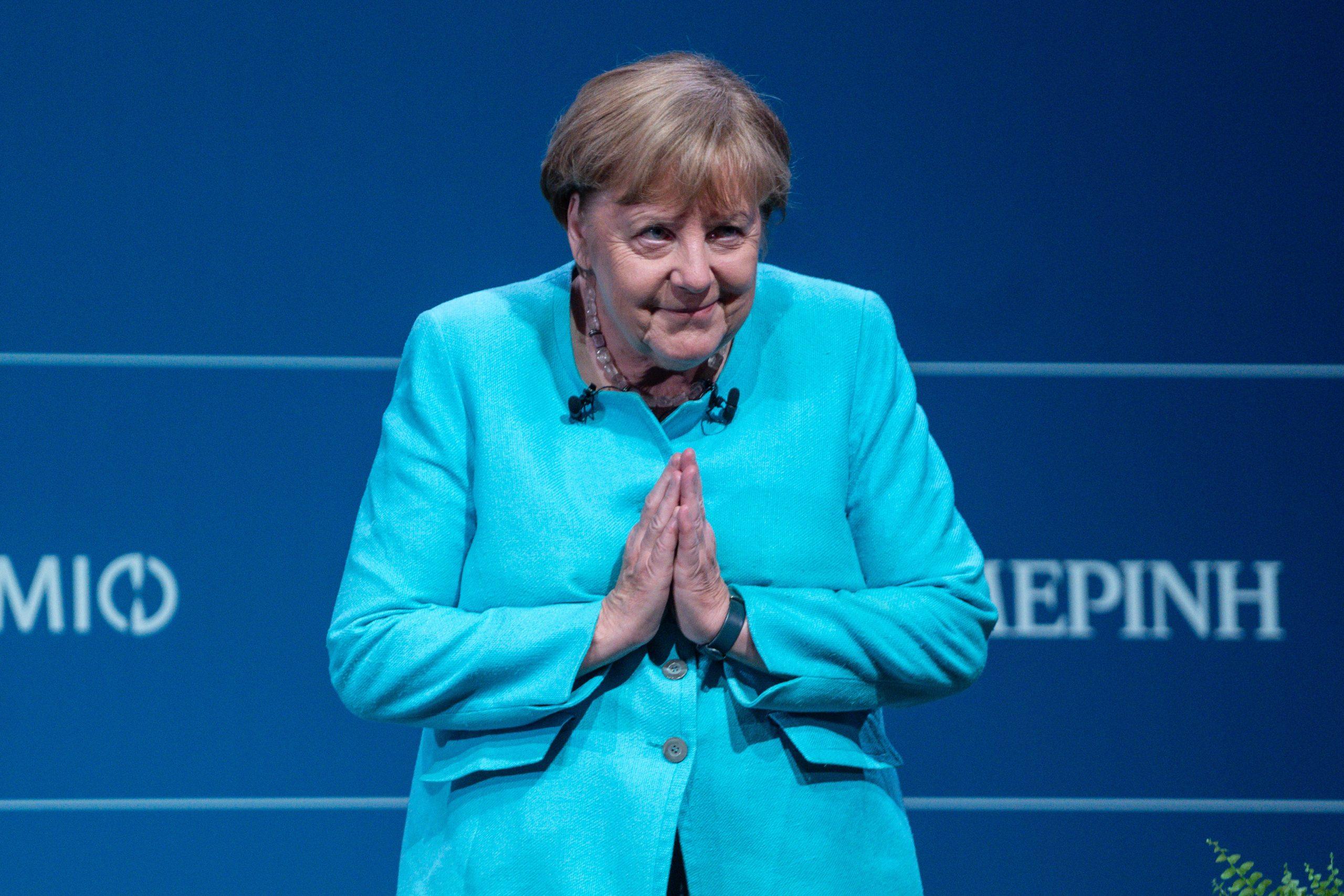He returns to Greece three years after the last time he visited as EU Economic Affairs Commissioner. But this time in his new capacity, that of the president of the French Court of Auditors. We are speaking of Pierre Moscovici, the French official who played an important role in the history of Greece.
We met him at the Embassy of France at 7 Vasilissis Sofias Street, on the occasion of his visit to Athens and his contacts with leading political and economic players (with Prime Minister K. Mitsotakis, the Minister of Finance, Chr. Staikouras, the Governor of the Bank of of Greece, G. Stournaras, and former Prime Minister Al. Tsipras).
Mr. Moscovisi acknowledges that the Greek economy has recorded significant progress in recent years and has definitively left “the hard period of the Memoranda” behind. Something which, as he says, was achieved thanks to the tremendous effort of the Greek people and all governments. He declared that he is pleased with this development, pointing out, however, that this does not mean that “problems are over”.
He stands for the improvement of economic indicators and the “impressive” – as he characterizes it – growth, even saying that Greece is one of the leaders in economic growth with a 6% increase in GDP for 2022. But also a forecast for growth of 1.8% this year , a higher percentage than the rest of Europe. Mr. Moscovici also singles out the continuous reduction of the debt, the improvement of the deficit and the creation of new jobs.
He did note, however, that the improvement in economic indicators will take some time until it “translates” into tangible results for households. The distribution of growth to citizens is, as he says, one of the challenges the country will face.
We asked him if Greece is entitled to a “success story”, as he stated exactly three years ago… He answers in the affirmative, saying that he is convinced that we are a country with creativity, entrepreneurial spirit and a trained workforce. He emphasized that the exit from the Memoranda and the improvement of economic indicators is a success, but in no case, as he says, should the effort stop. Instead, one must continue to work to lay the foundations for a lasting success story.
“Greece did not deserve such treatment”
We take him back a few years to the era of the Memoranda and ask him if Greece deserved this treatment from its European partners. He makes it clear that he was always against any idea that wanted the country out of the Eurozone, even describing it as scandalous if this ever happened. “As Commissioner and as Minister of Finance I fought against such a prospect,” he notes characteristically.
However, he admits that the first Memoranda were harsh. As was the treatment they prescribed. In fact, when he took over as Commissioner, he agreed with Jean-Claude Juncker, then president of the European Commission, that this situation cannot continue any longer, but they must engage in dialogue with the Greek authorities. Convincing them that it is in their interest to make the reforms. The harsh attitude, he points out, changed after 2015, when the rest of the Europeans also realized that this cannot continue. However, he clarifies that there would be no austerity measures if there was no Greek crisis.
Emphasis on unemployment and brain drain
What in his opinion could Greece do better? What advice would he give the Greek government? He avoids entering into this process, stressing that it is not his position to give advice to the Greek government. On the contrary, he encourages the country to face the big challenges ahead, such as unemployment and brain drain.
We ask him about the upcoming elections and how much they could affect the course of growth. He believes that no one should be afraid of elections. “We are,” as he says, “very lucky in Europe to have democratic elections… So let’s wait and see what the people will decide, between parties that have ruled the country. People will make the best choice for themselves. Elections are not a problem.”
At this point, we raised the issue of the reform of the pension system in France promoted by President Macron and the strong social reactions that have been caused, Mr. Moscovici avoidrd getting into the essence of the issue, but said that it is necessary from an economic point of view . But this, as he said, is a matter that the French Parliament will find the appropriate way to solve.
Greece – France, a long relationship of friendship
We left Greek-French relations for the end, which were strengthened after the defense cooperation agreement and the supply of Rafale fighters and Belharra frigates. He welcomed the fact that France has undertaken such a contract in armaments, however he considers that this is not a new era in bilateral relations, but a new period in the long historical friendship between the two countries.
Regardless of which government is at the helm of the country, whether it is center-right or center-left, the Greek-French friendship is served steadily and permanently. He even recalled that during the Greek crisis, the only country Greece could rely on was France. “We are always on Greece’s side. And we always rejected the proposals of others who wanted the country outside the Eurozone”, he characteristically notes.

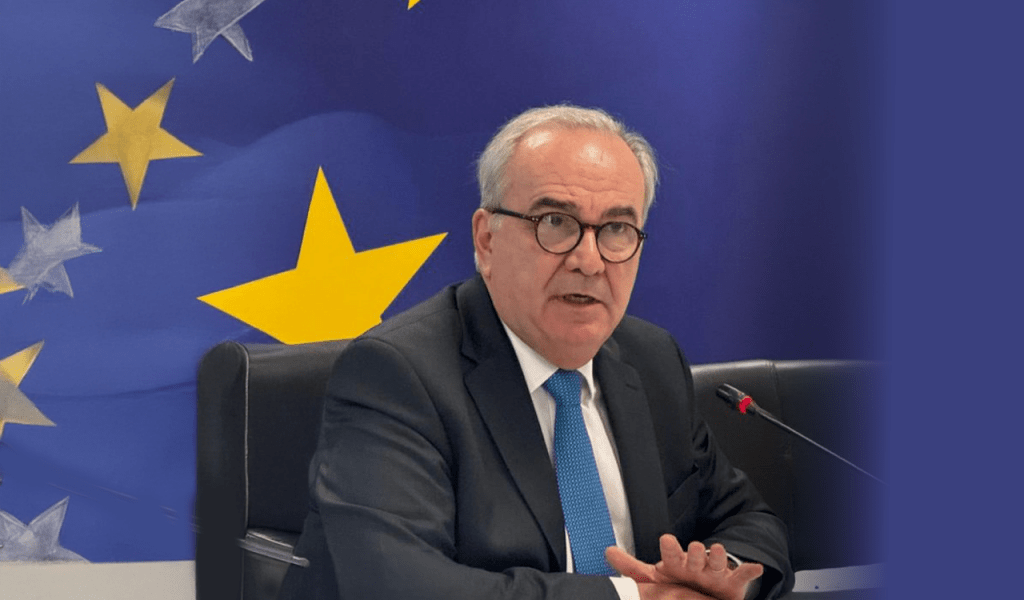
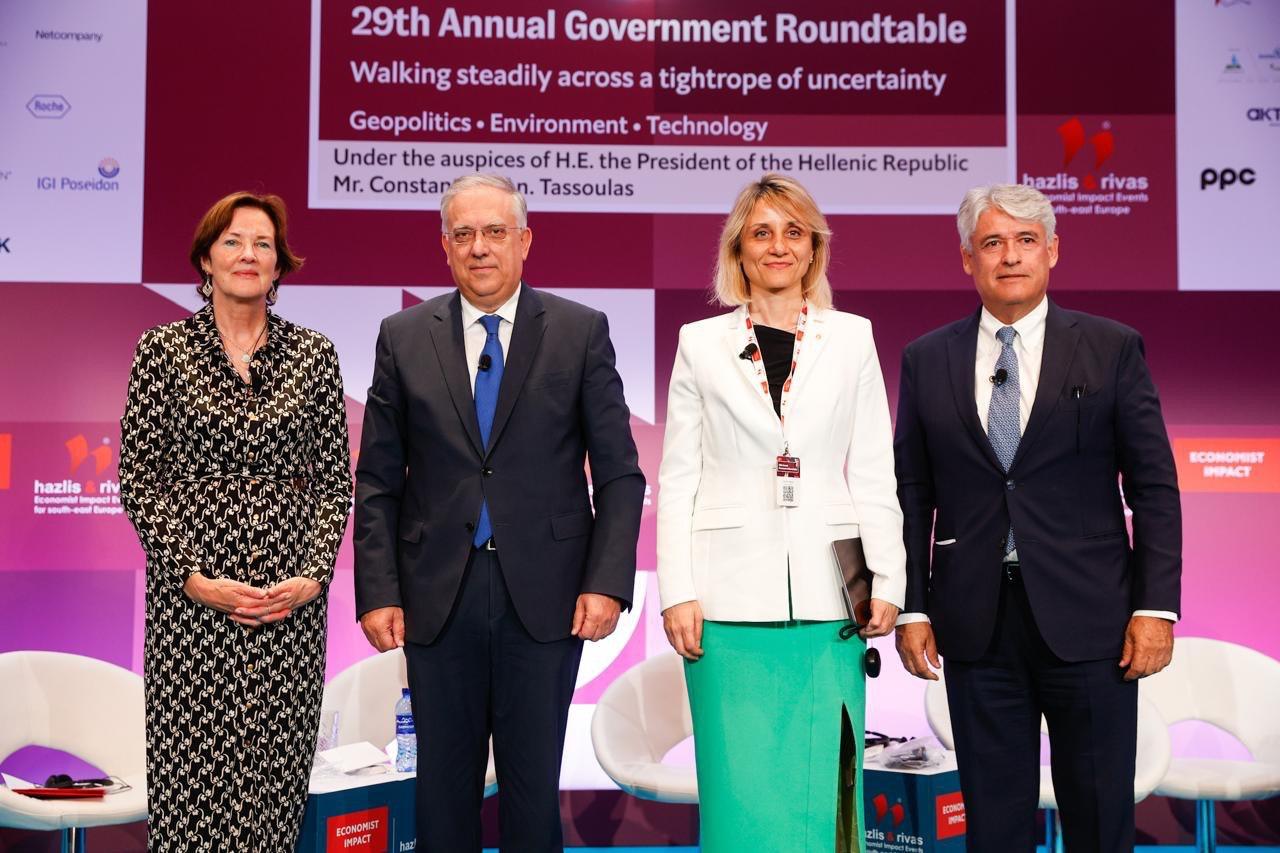





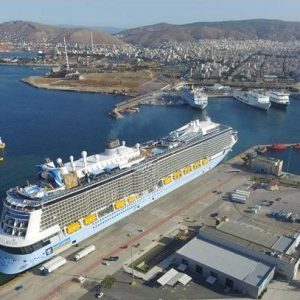




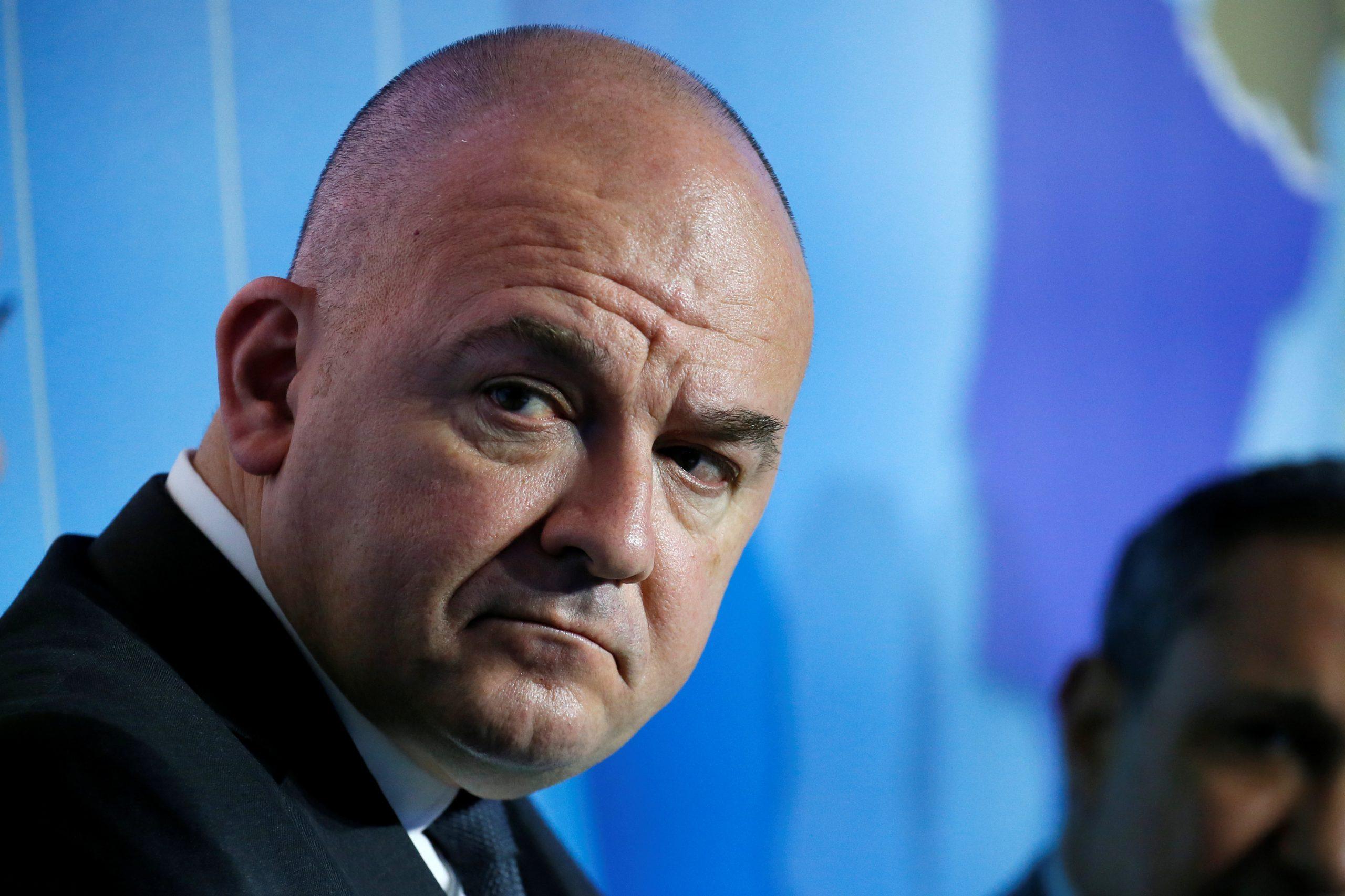


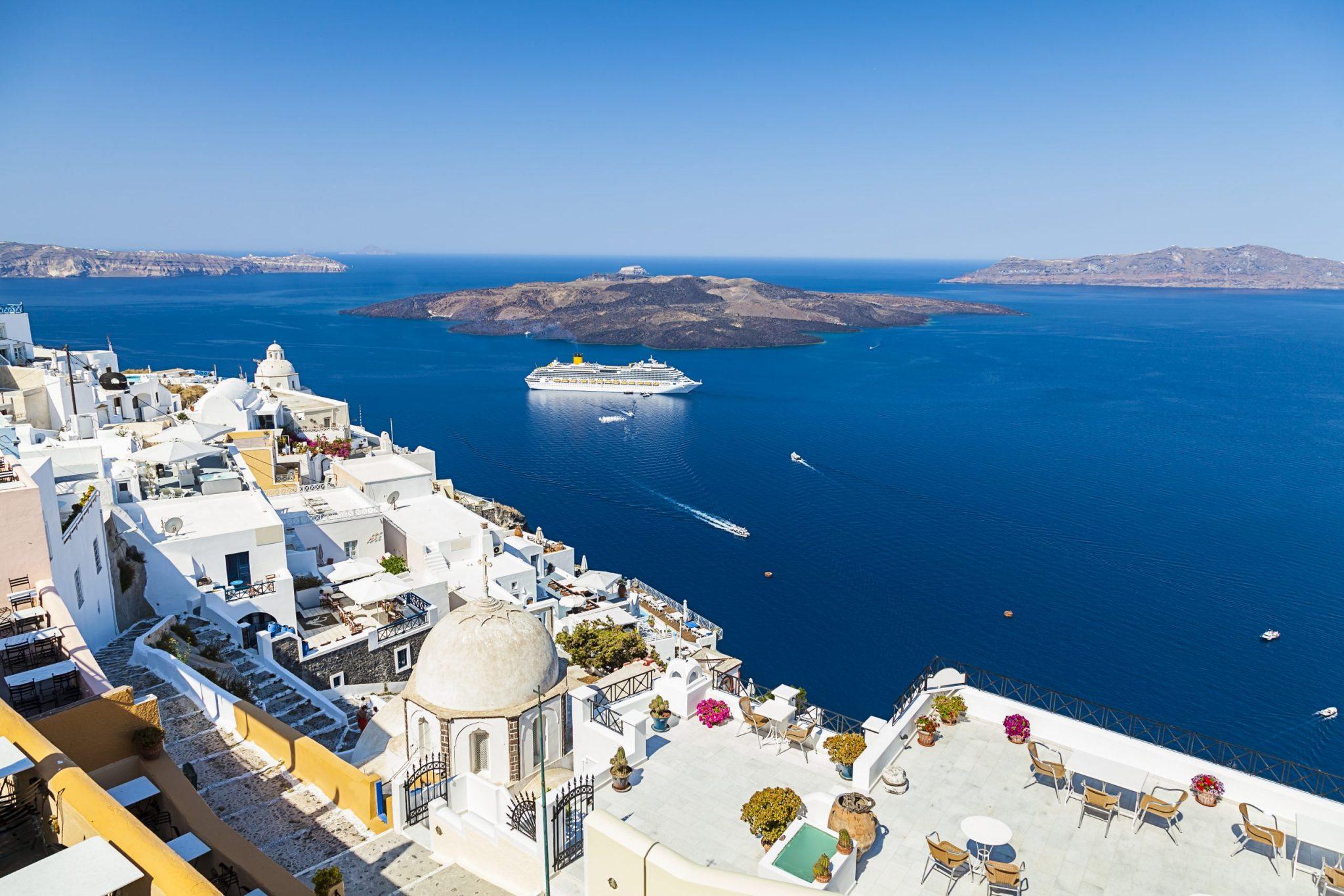

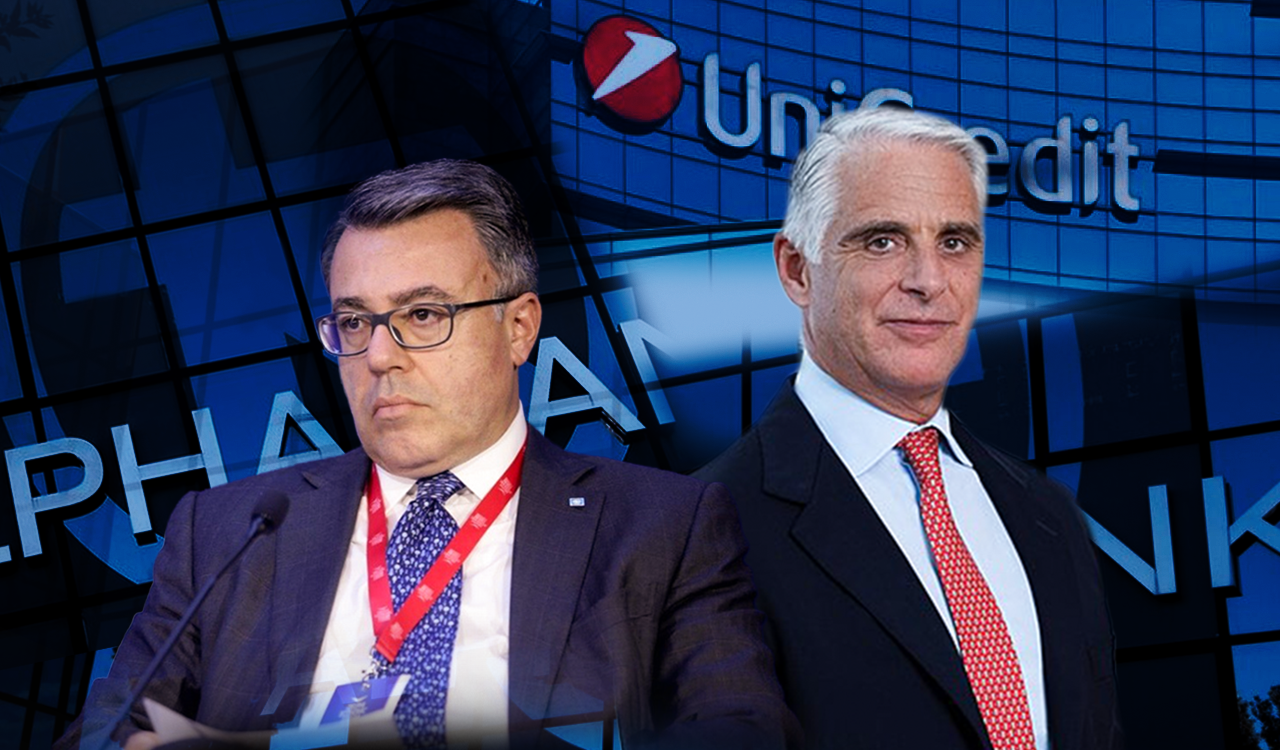
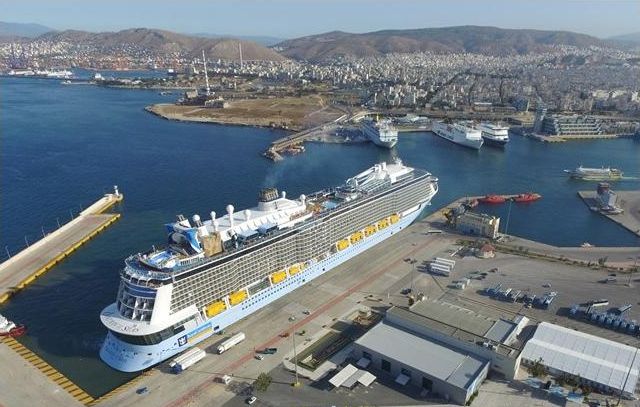


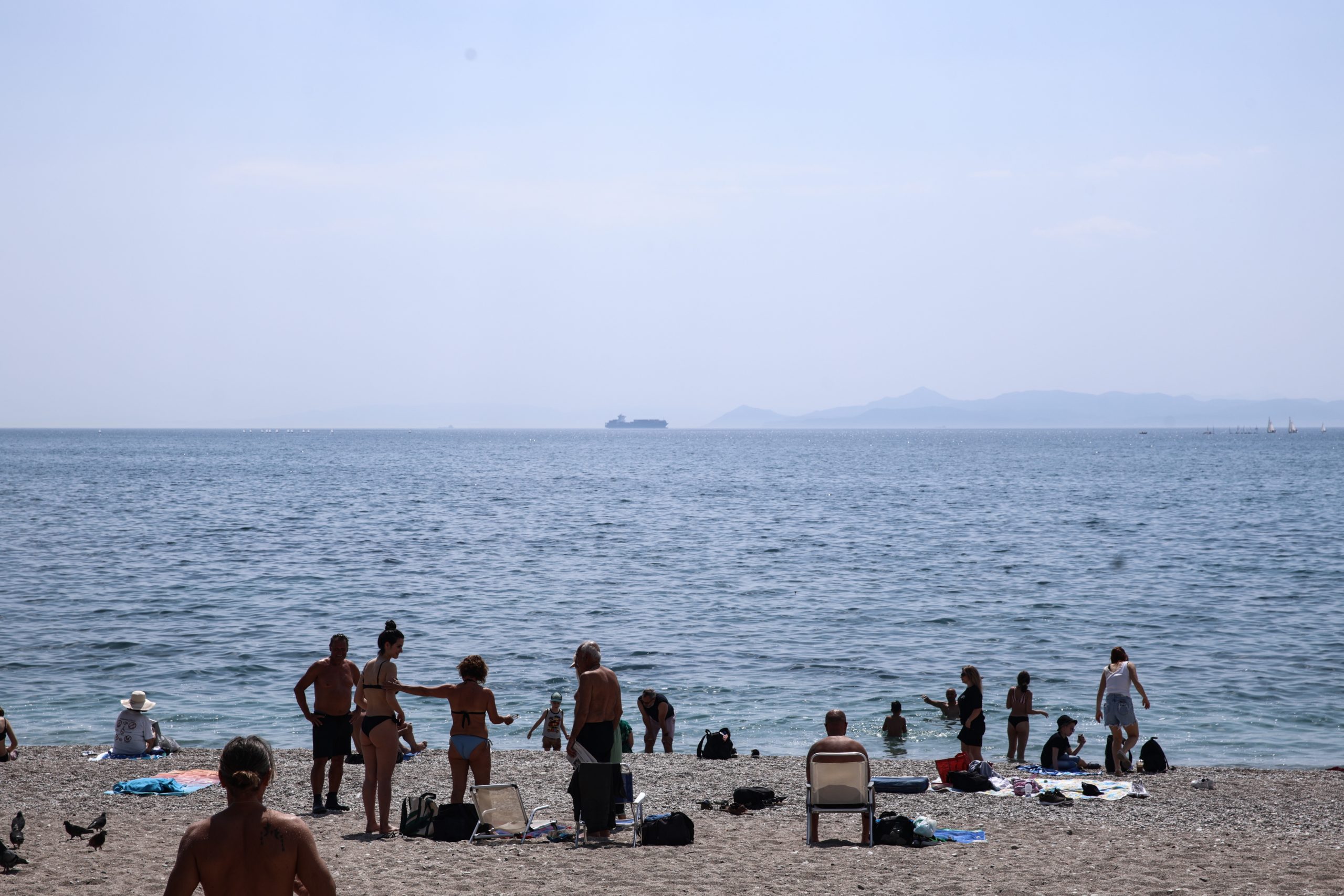


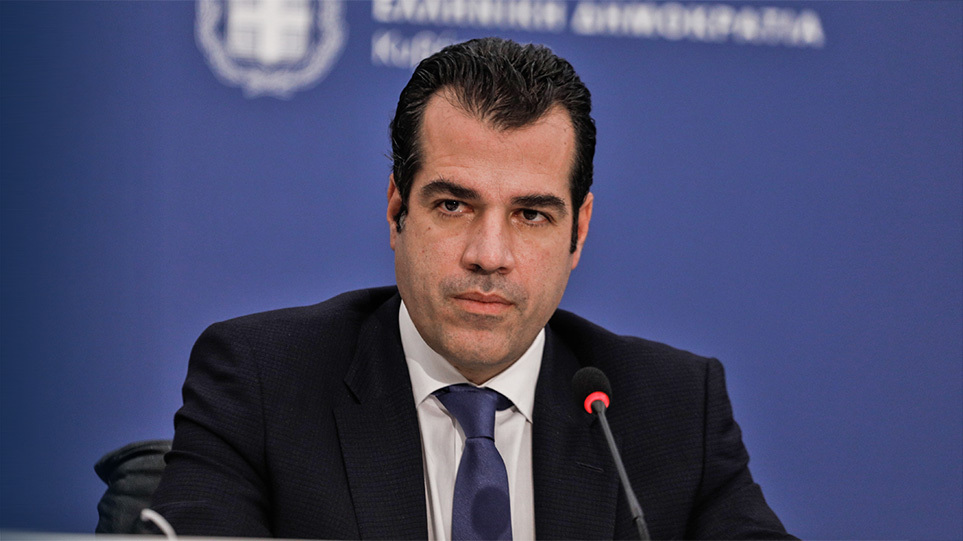
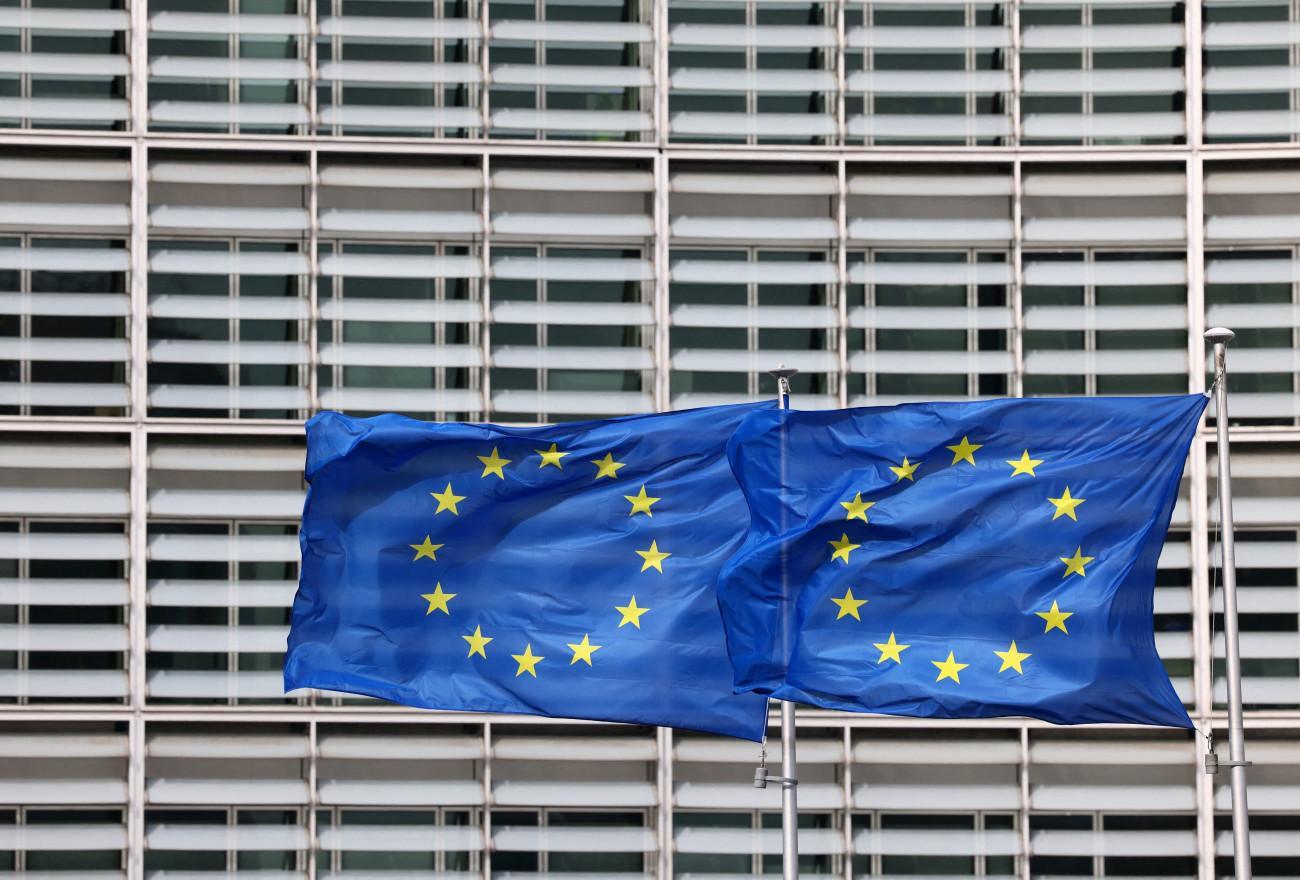
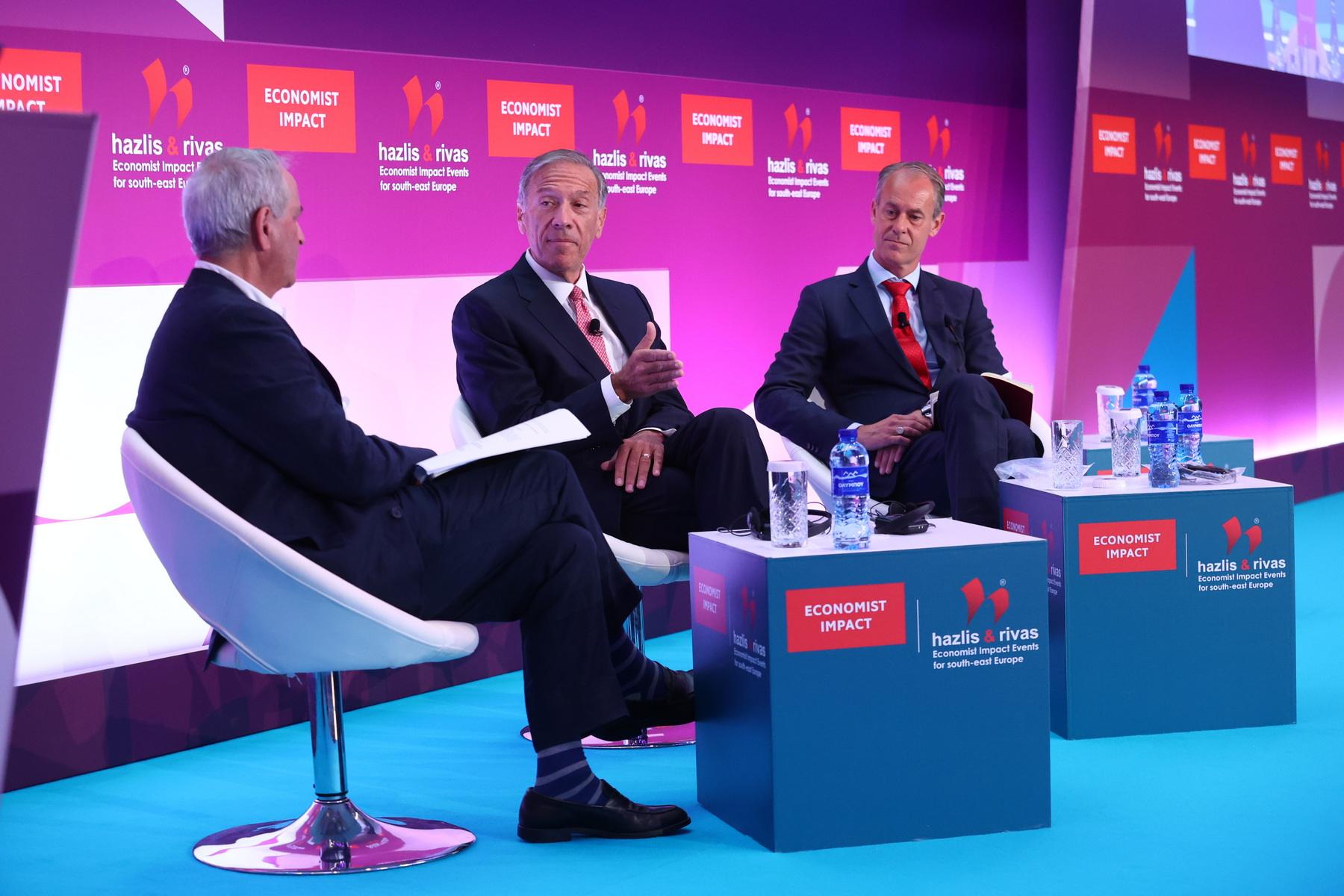


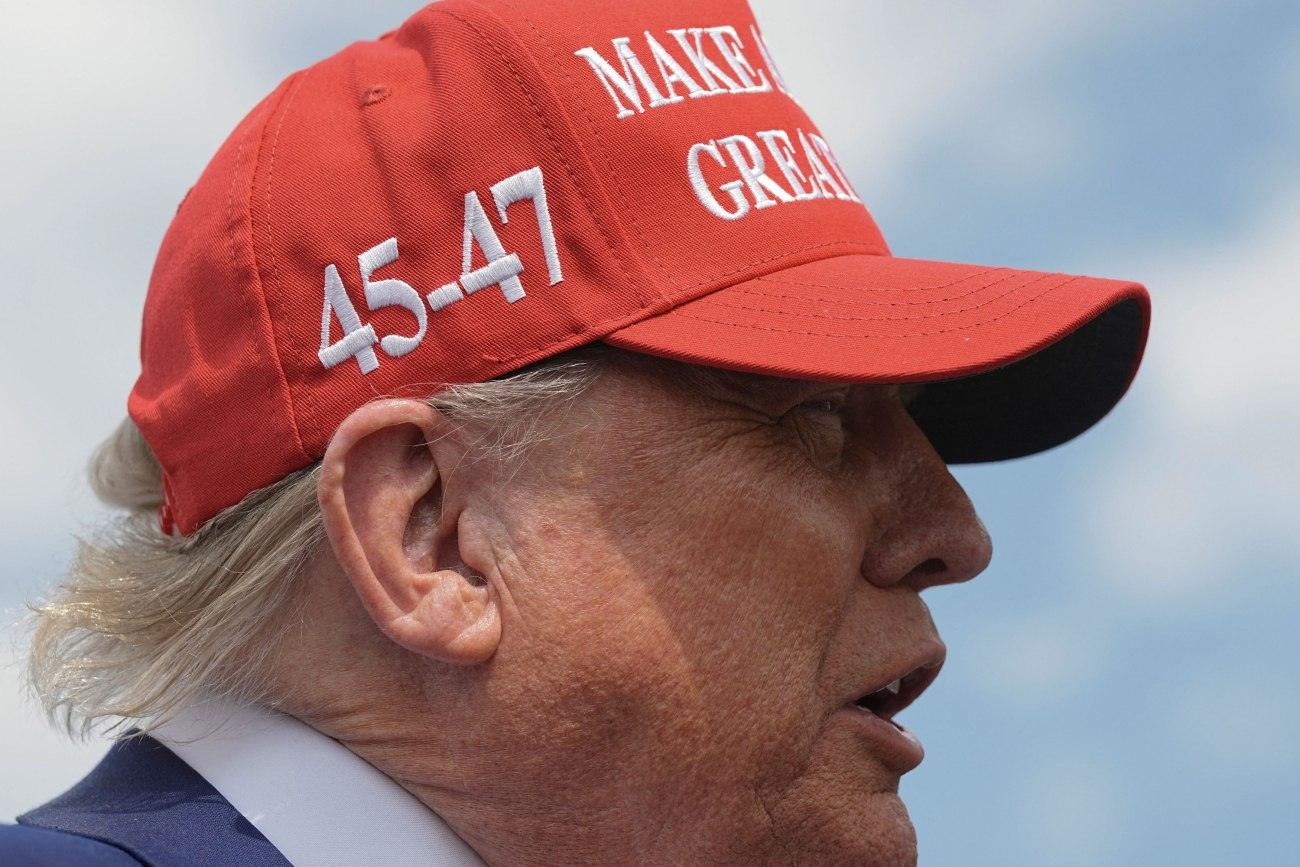
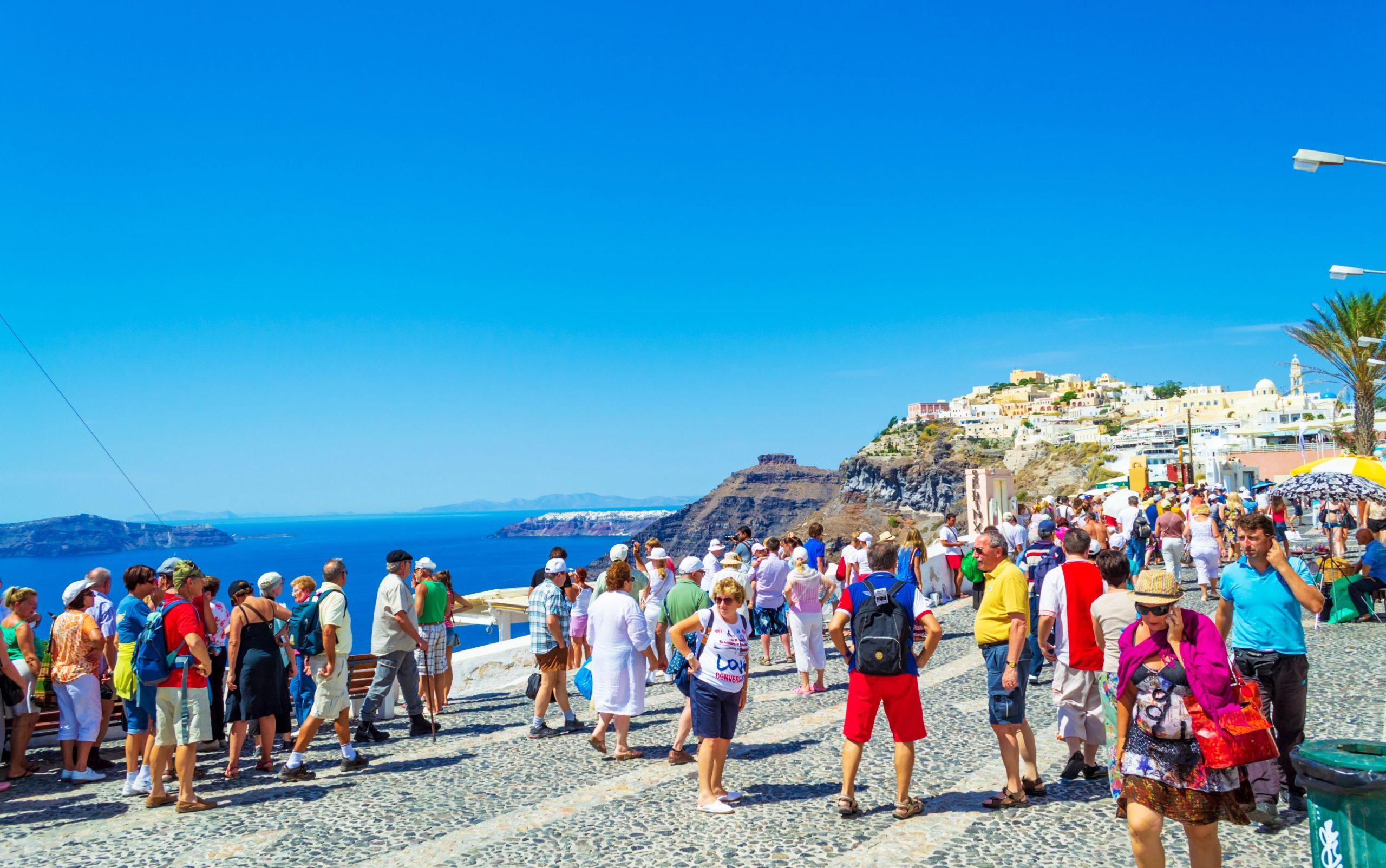


![Βιομηχανία: Τα «αγκάθια» που κρατούν κλειδωμένες τις επενδύσεις [γραφήματα]](https://www.ot.gr/wp-content/uploads/2025/07/02_07_ot_SBE_EXO.jpg)
